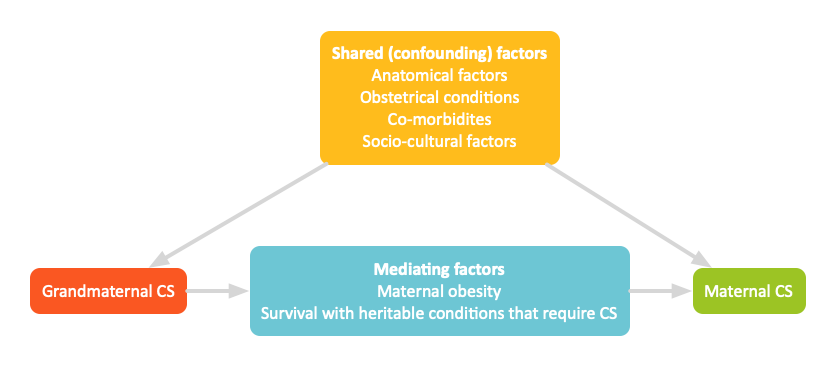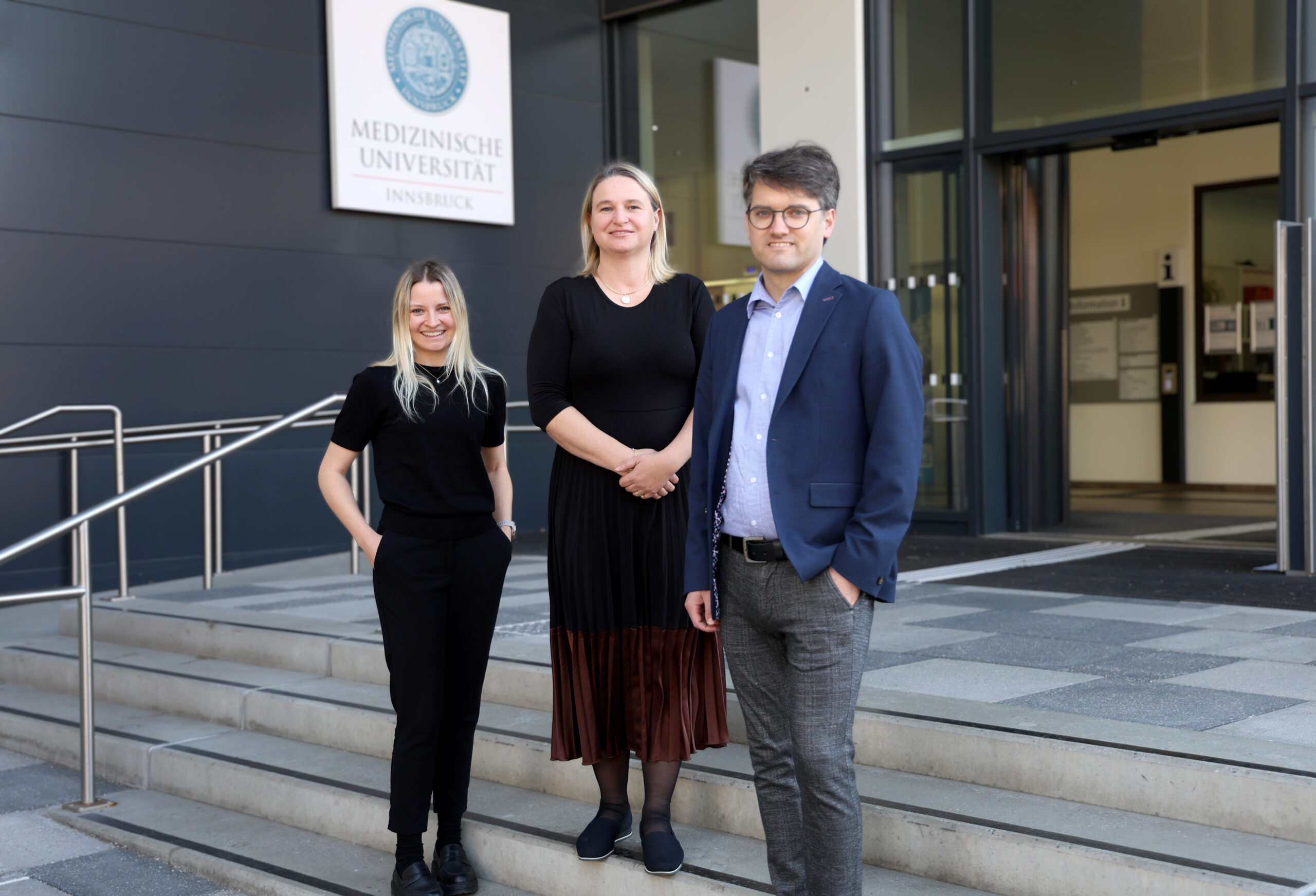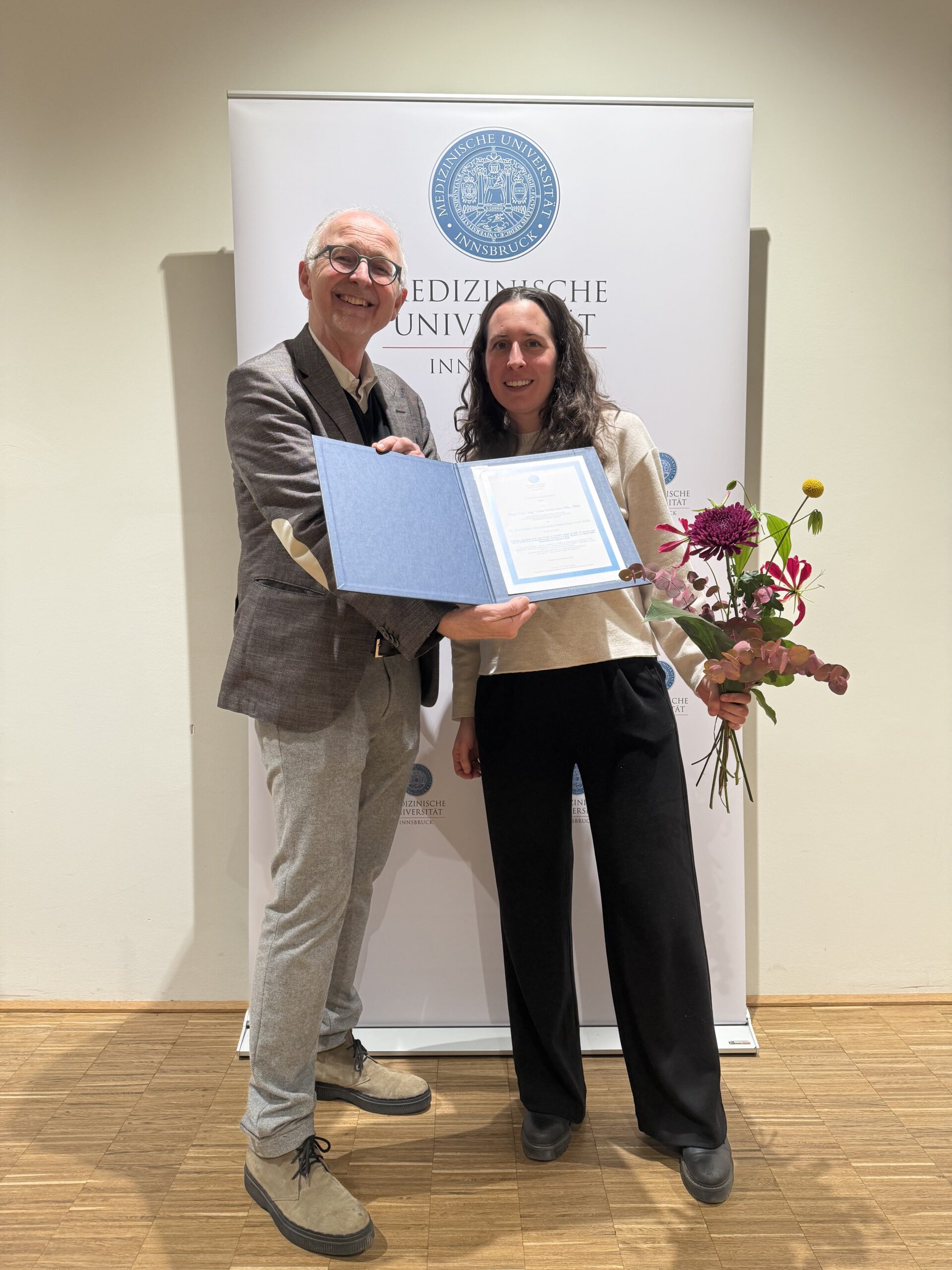photo: MUI/D. Bullock
Read More
ERC Starting Grant for Patrick Rockenschaub
- October 2, 2025
- No Comment

photo: MUI/D. Bullock
Read More
photo: MUI/D. Bullock
Read More
Using data from over 23,000 women, their mothers, and their children from the 3G Multigenerational Cohort in the Canadian province of Nova Scotia, we examined whether being born by Caesarean section (CS) is associated with delivering your first child by CS. We found that women born by CS were 36% more likely to have a […]
Read More
photo: MUI/D. Bullock
Read More
photo: MUI/D. Bullock
Read More
Lisa Seekircher received the Dr. Otto Seibert award for her work “Immune response after two doses of the BNT162b2 COVID-19 vaccine and risk of SARS-CoV-2 breakthrough infection in Tyrol, Austria: an open-label, observational phase 4 trial“, which has been published in Lancet Microbe in 2023.
Read More


In this study, we investigated the relationship between age at menopause and different types of stroke in >200,000 postmenopausal women using data from the EPIC-CVD study and the UK Biobank. We obtained observational associations and performed Mendelian Randomisation analysis to study causality. We found a significant association between earlier menopause and higher risk of stroke […]
Read More